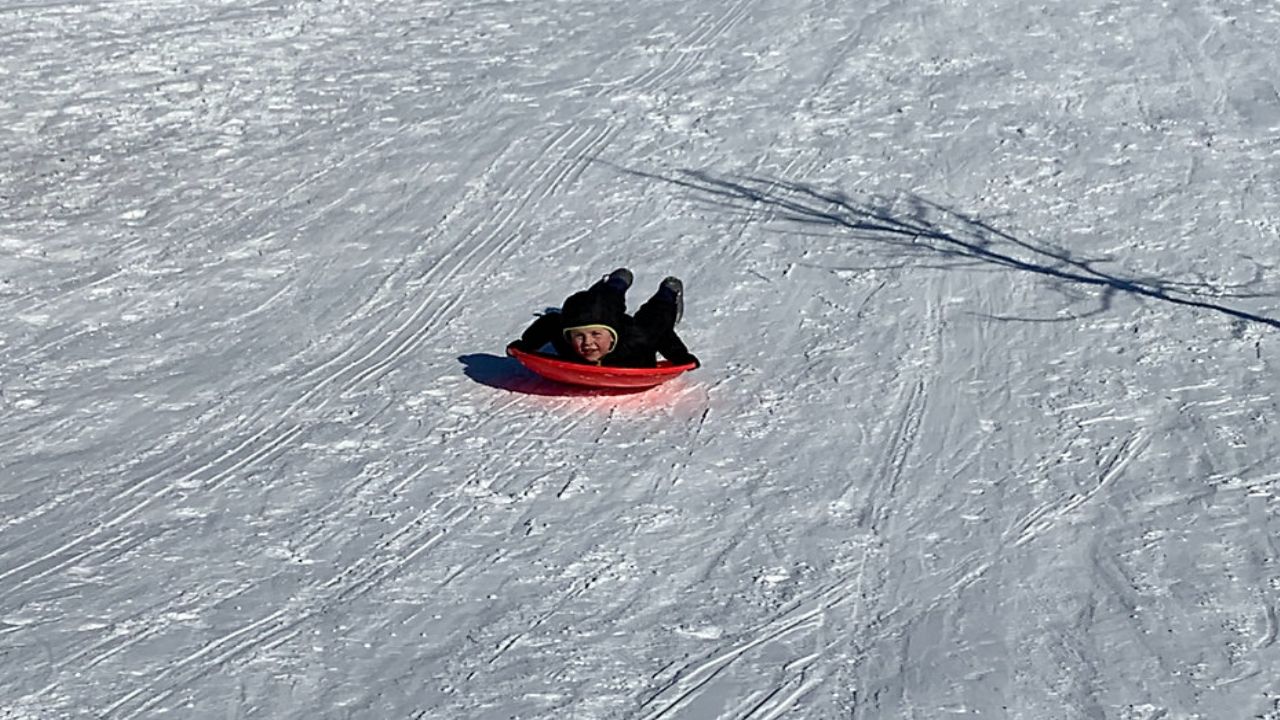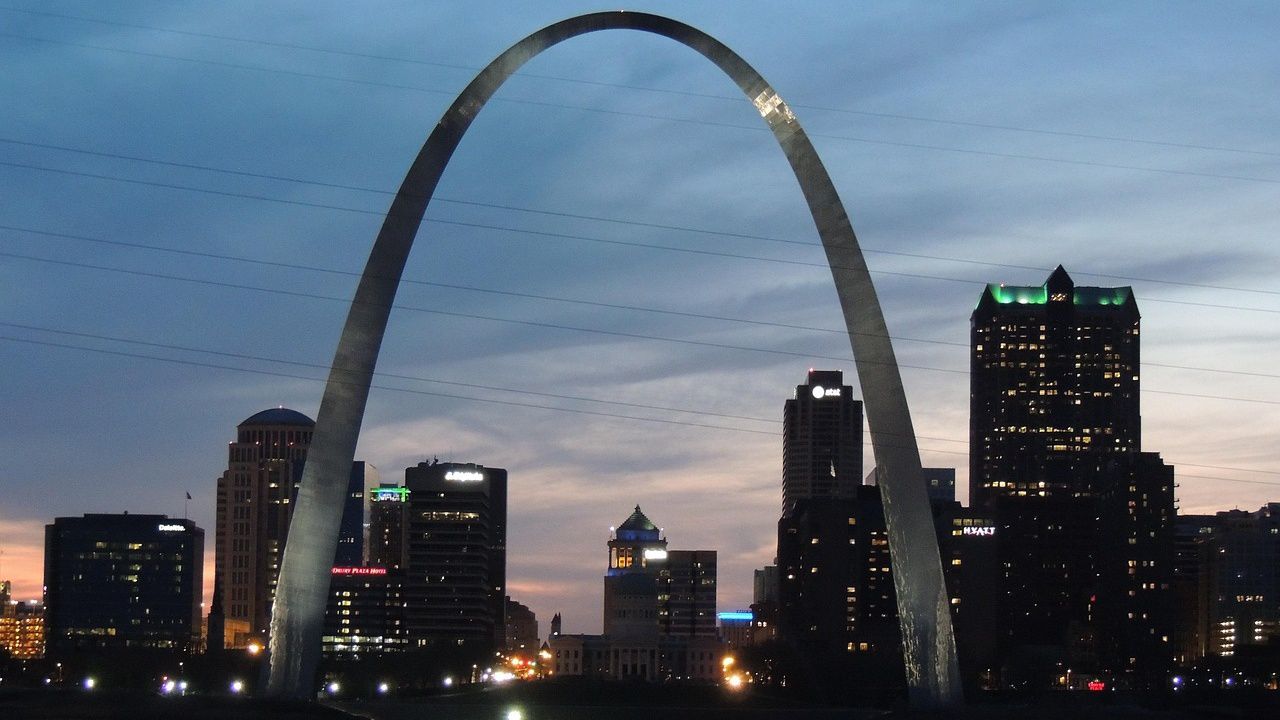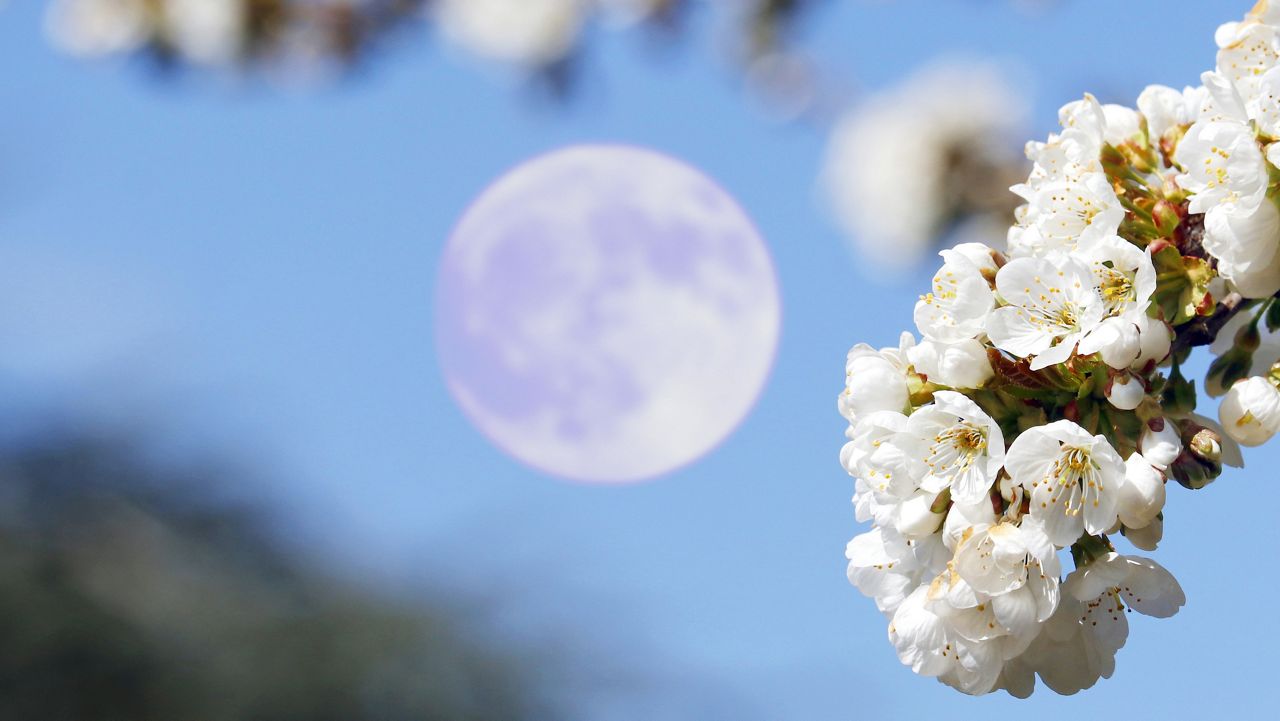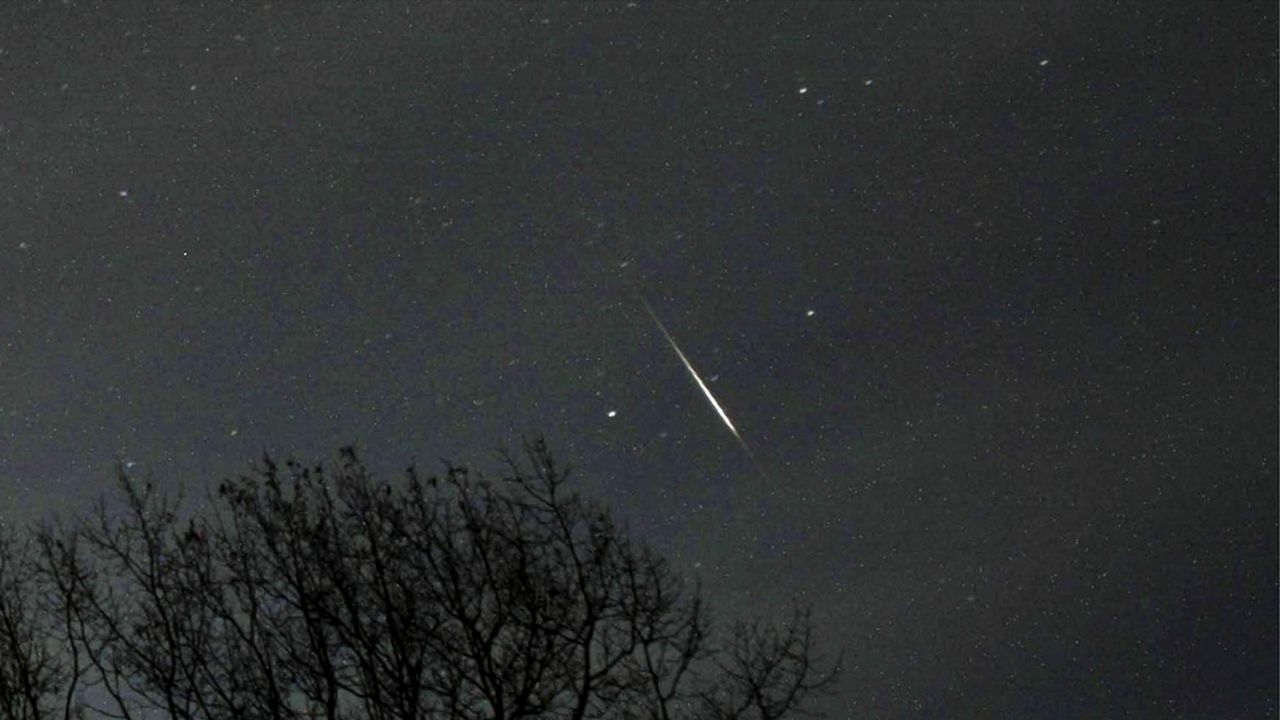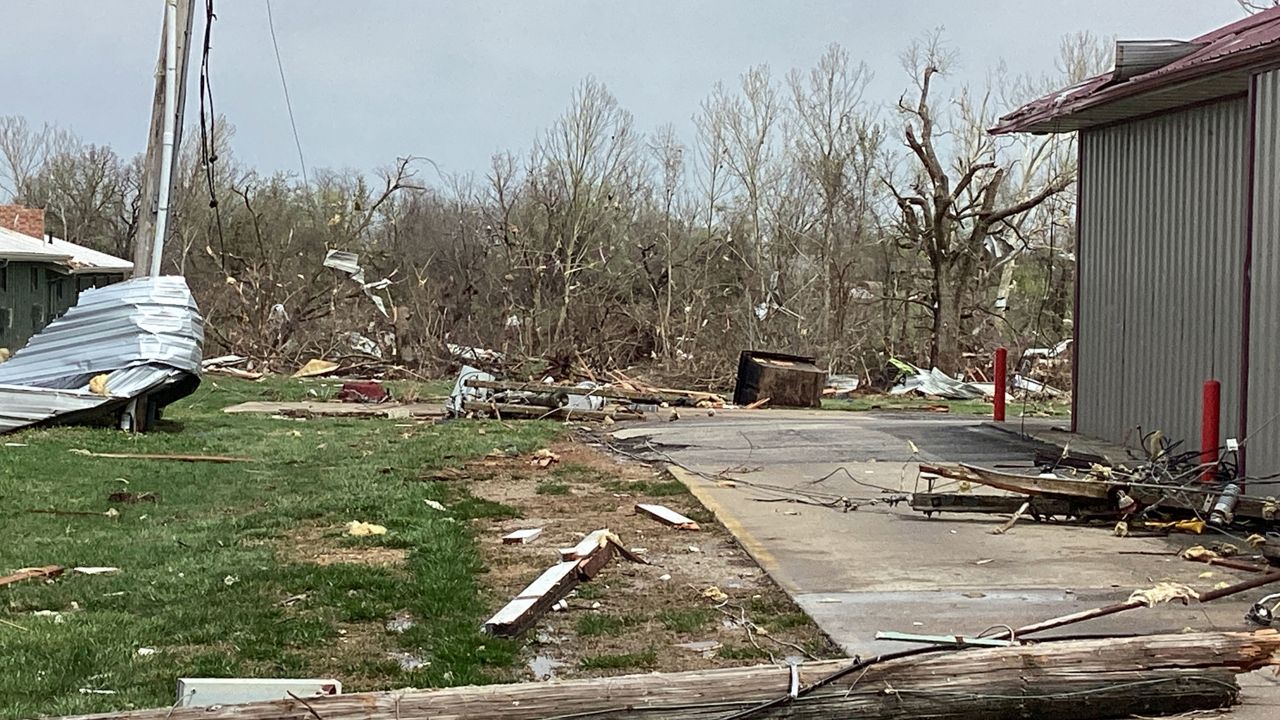This week will bring loads of sunshine, enough to melt the 6 to 12 inches of snow that fell in and around the region last week.
St. Louis Lambert International Airport recorded 6.7 inches. The last time the airport measured 6 inches of snow or more during the month of February was back in 1993.
This storm came in two waves, bringing a variety of precipitation that culminated with plowable snows.
Although this storm was not record-breaking by any means, it got people reminiscing about a storm that was quite extreme and occurred a little over 40 years ago.
The snowstorm that occurred in late January 1982 was a setup similar to last week’s system in that it started as rain that turned to snow.
The forecast was for about 4 inches in the St. Louis area, but when folks woke up on the morning of Jan. 31, the outcome was quite different.
Lambert Field had over 13 inches on the ground, but areas in South County and Jefferson County measured totals at and above the 18-inch mark.
However, 50 miles north and south of the city saw very little accumulation.
It was clearly a big snowstorm on a local level.
This storm had a huge impact on the city. It took almost a week to get the roads cleared and the only way for people to drive was in a four-wheel-drive vehicle which, at the time, was not all that accessible.
There were lots of stories of neighbors helping neighbors and communities coming together. Unfortunately, there were also reports of casualties, mostly from people shoveling the heavy snow.
Although some might refer to this storm as the “Blizzard of 1982,” it was not a blizzard.
According to the National Weather Service, for a storm to be a blizzard, it would need to have winds blowing over 35 mph for at least three hours, while heavy snow is falling.
This storm did not meet the blizzard criteria, but it is in the record books as one of the heaviest snowfalls ever recorded in the St. Louis area. In terms of accumulations, it still ranks below the 20.4 inches that fell on Mar. 30-31, 1890 and the 15.5 inches that occurred on Feb. 20, 1912.
With the rest of February and March still to go, we’ll see if more notable snow events get added to the list for 2022.





